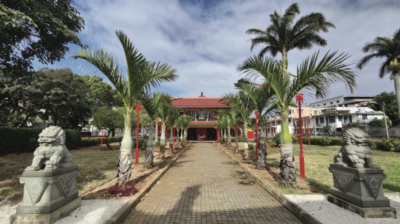Since their first October 2017 attack in Mozambique, Islamist extremists—invariably called al-Shabaab or Ahlu Sunna wa Jama—have conducted over 110 attacks, with more than 295 civilian and military deaths. Despite this escalating violence, there are significant gaps in our understanding of the problem. There is not a consensus about the key drivers of extremism in the region, including the linkages between local, regional, and international extremist networks. Experts have struggled to identify who comprises al-Shabaab (Ahlu Sunna wa Jama), and furnish answers to key questions regarding their objectives, recruitment, or funding sources.
CSIS Africa Program organised a half-day conference on growing insecurity in Mozambique. This event featured two expert panels on the drivers of extremism and potential response efforts in Mozambique.
Keynote Address: Stefanie Amadeo, Director of the Office of Southern African Affairs (U.S. Department of State)
Panel 1: Examining Social, Political, and Religious Drivers
Featuring Dr. Alex Vines (Chatham House), Dr. Yussuf Adam (Universidade Eduardo Mondlane), and Dr. Liazzat Bonate (University of West Indies)
Moderated by Emilia Columbo
Panel 2: Exploring Regional and International Response Efforts
Featuring H. Dean Pittman (former U.S. Ambassador to Mozambique), Zenaida Machado (Human Rights Watch), and Dr. Gregory Pirio (Empowering Communications)
Moderated by Judd Devermont (Director, CSIS Africa Program)



